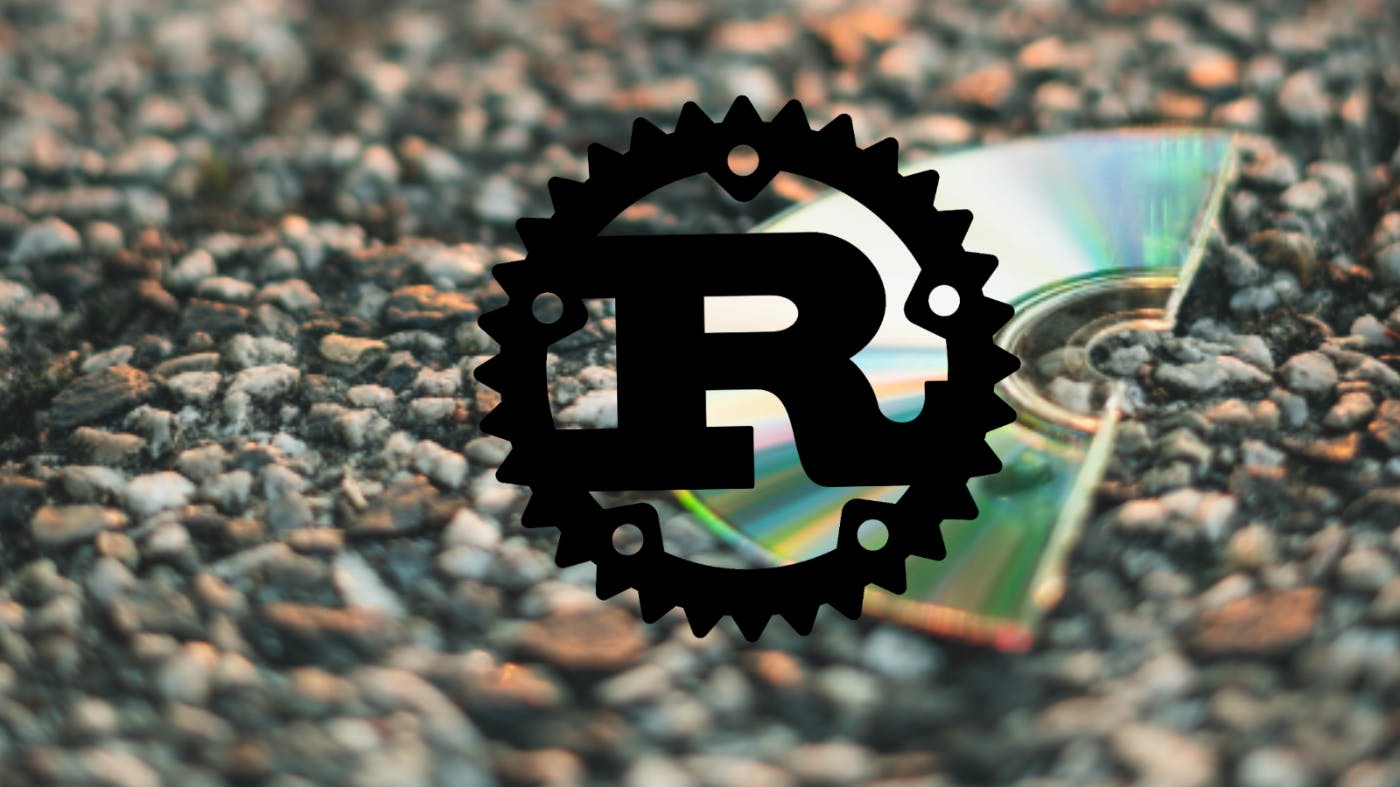1,452 reads
How Rust Was Born: The Story Of A Mistake
by
October 31st, 2023
Audio Presented by

Software engineer with 16y of pro exp. Tech blogger featuring interesting news and tips about computer science
About Author
Software engineer with 16y of pro exp. Tech blogger featuring interesting news and tips about computer science
